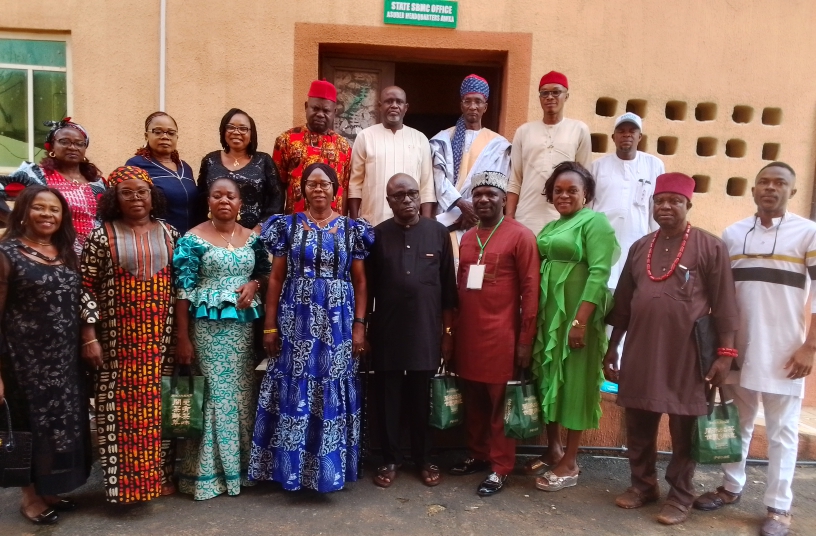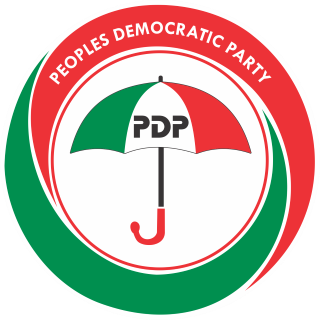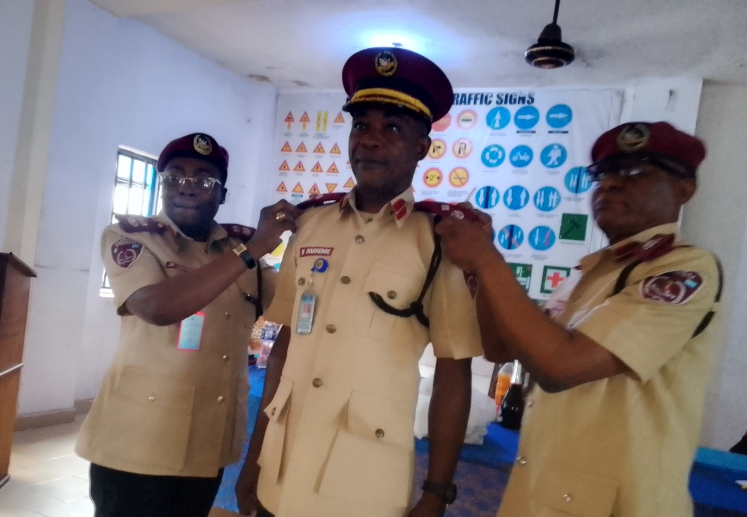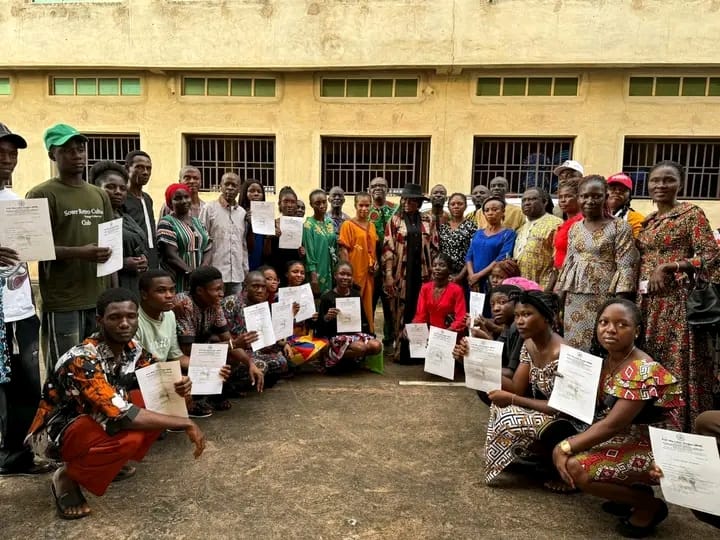Chinedum Elekwachi
Federal government has underscored the importance of community participation in driving educational development.
National Chairman, School-Based Management Committee (SBMC), Alhaji Abdullahi Umar Gwandu stated this at the official inauguration of the South East School-Based Management Committee (SBMC) Task Team.
The team is an initiative deepening school governance, promoting inclusiveness, and improving learning outcomes across basic education institutions in the region.
Addressing the team and other stakeholders from across the South East, Gwandu called for stronger ownership of schools by communities.
He said quality education is shared responsibility between government, institutions, and citizens.
The National Chairman assured the Southeast team of the national body’s continuous support.
, emphasizing the need for regular monitoring, evaluation, training, and retraining to sustain results.
Gwandu, a former Commissioner for Education called on the team to make passion and commitment their watchword, just as he urged them to realize that today’s children are tomorrow’s leaders.
Communities getting involved
He expressed happiness about the involvement of communities in issues relating to education, health, security, among others.
He charged the team to reach the hinterlands to promote standard practices.
“Any community that’s not deliberate in preparing their children ahead of the future is doomed.
“As one time Commissioner for Education, I’ve been passionate about education, with strong conviction to spend the rest of my life supporting education and motivating children to become better citizens of the country,” he added.
Executive Chairman, Anambra State Universal Basic Education Board (ASUBEB), Dr. Vera Nwadinobi noted the significant contributions of SBM to effective education delivery through decentralization and participatory leadership.
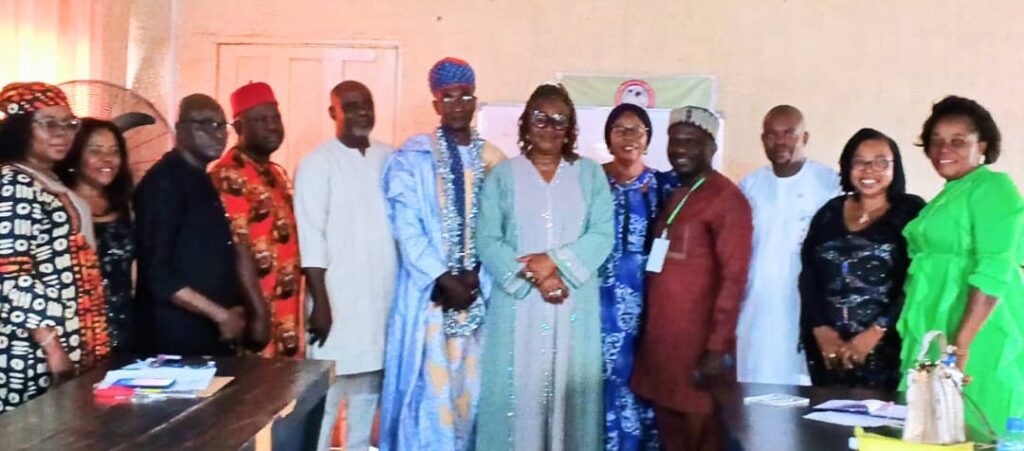
“SBM enhances school autonomy, allows for locally driven decision-making and ensures inclusiveness in managing school affairs.
“However, its success depends largely on effective leadership, strong support systems, and consistent capacity building,” she noted.
Proactive advocacy
Nwadinobi, who doubles as Subdean/Coordinator of Southeast UBEB Chairmen, charged the South East Task Team to establish clear terms of reference and adopt proactive advocacy strategies to promote welfare of schools and learners.
“The SBMC is a service-oriented structure, not a profit-making venture.
According to him, the initiative is to uphold rights of children to quality education in safe and conducive learning environments.”
Earlier, Chairman of the South East SBMC and Anambra State SBMC, Dr Stephen Ufoaroh revealed the existence of SBMC structures across schools, local governments, and senatorial levels.
He highlighted the task team’s immediate priorities, namely enforcement of key education policies, curbing child labour and loitering during school hours, ensuring discipline among teachers and students, as well as addressing examination malpractices.
Appreciating stakeholders for their support, Ufoaroh, former chairperson of Academic Staff Union of Universities (ASUU), UNIZIK Chapter, underscored the place of strong collaboration to tackle emerging challenges, just as he pledged the team readiness to sustain the tempo of reforms.
He also stressed the importance of proper resource management, improved teacher welfare, and enhanced community participation in school development.
Earlier, Director of Social Mobilisation at ASUBEB, Mrs. Amaka Ikedimma traced the establishment of the SBMC to the 2006 approval by the National Council on Education (NCE), aimed at promoting inclusive governance in schools.
She explained that the inauguration of the South East Task Team marks a renewed effort to galvanize educational service delivery in the region.
While enumerating roles of the Task Team, which include advocacy, capacity building, public awareness, and resource mobilization for school development, Ikedimma urged all members to actively contribute to advancing the objectives of SBMC across the South East.
Anambra in the lead
National Publicity Secretary of SBMC and Imo State Chairman, Dr. Ukachukwu Erisim lauded Anambra for taking the lead in the region.
He described SBMC work as voluntary service to humanity, calling for deliberate synergy between schools, communities, and government agencies.
SBMC leaders across the five South East states rendered their reports, including experiences, achievements, and challenges in implementing the SBMC framework.
Shortly after official unveiling of SBMC State and South East Offices, the SBMC National Chairman, Gwandu, accompanied by South-East Chairman, Ufoaroh led other delegates in a courtesy visit to State Commissioner for Education, Prof Ngozi Chuma- Udeh.
The Permanent secretary of the ministry, Dr. Mrs. Ifeoma Agbaizu and the Board Chairman of Post Primary School Service Commission (PPSSC), Prof. Nkechi Ikediugwu, received the team.


